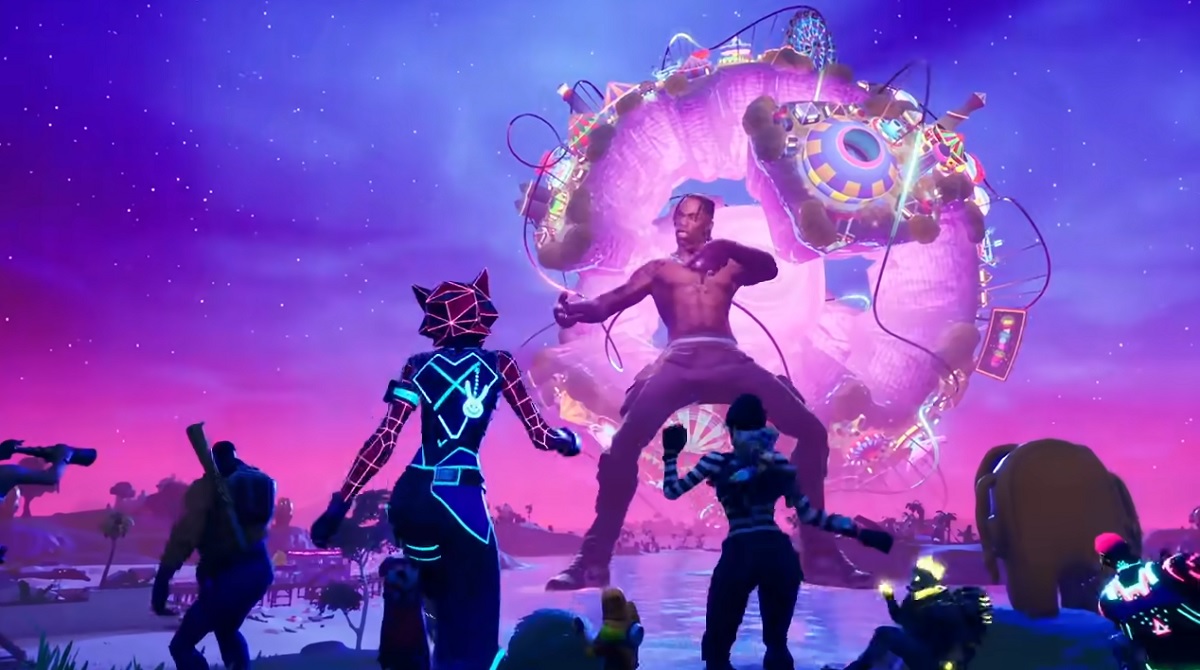By Zion Rufus
Leading tech companies like Microsoft, Facebook, Niantic, Epic Games, and Roblox Corporation are increasingly taking steps to launch a Metaverse, and the existence of immersive world-building games such as Second Life, Fortnite, and Minecraft have shown that it could fast become a reality.
The Metaverse is an alternative virtual world that blends aspects of digital technologies including video-conferencing, immersive games, cryptocurrencies, email, virtual reality, social media, and live-streaming. It has also been described as an expansive network of persistent, real-time rendered 3D worlds and simulations that support continuity of identity, objects, history, payments, and entitlements, and can be experienced synchronously by an effectively unlimited number of users, each with an individual sense of presence. Although it doesn’t exist yet, Facebook is one of the biggest tech companies investing heavily in creating a Metaverse. The tech giant announced that it is investing $50 million and creating 10,000 new jobs across the European Union to help make the building of the Metaverse a reality.
“The metaverse is still a fresh concept,” says Oti Ukubeyinje, VP, product marketing and growth at Terragon Group. “Mobile has done its time, and humans need to evolve beyond mobile into other types of technology. Although Facebook did not start this whole virtual reality that we have now, the tech company is trying to create a new sense of human existence; if you think back to the days of The Sims, Microsoft Second Life, IMVU, you would realise that people were already living in this type of world where some were under the illusion that they were in relationships in real life, whereas it only existed on virtual platforms. But people lived their lives, they made real money from playing games like Sims, IMVU, and Second Life. So what Facebook is introducing here is the ability to make this a mainstay in how we use the internet. So if I pick up a job in a virtual environment and I am getting paid, I can live off that in real life.”
As Gen Z digital savvy kids spend more time in the blended environment than in reality fully aided by cloud-based gaming and virtual reality which has the potential to provide full immersion and interaction, marketers and advertisers have begun to embrace the gaming world as a new way to reach consumers; it is estimated that there are 2.7 billion gamers globally, about 34 per cent of the world’s population. In 2020, virtual reality hit the mainstream even as the gaming industry witnessed its biggest growth amidst the pandemic. According to AEXLAB CEO, Jonathan Ovadia, the number of gamers worldwide is still on the rise and will exceed 3 billion by 2023. The global games market revenue for 2020 was about $159.3 billion, with a 9.3% year-on-year increase. In the same vein, The global VR in gaming market size is expected to reach $92.31 billion by 2027, expanding at a CAGR of 30.2% over the forecast period. The intensifying demand for technologically progressive electronic games amongst millennials is anticipated to drive the market growth from 2020 to 2027.
“If you check now, recent advertisements from global brands show that they are all launching into the world of games, and the gaming world is a virtual world, and these brands are playing in that space because they see it catching on very quickly. The amount of PlayStations and Xbox units that are being sold in Africa for example, will give you an idea of how the Metaverse will quickly catch on because it is a combination of three things: the internet as we know it and access it through our digital devices; the introduction of other types of digital devices that are connected to wearable techs like wristwatches and glasses; and then the complementary function of augmented reality that make hardware and software come alive.So i don’t see why brands in Africa should not be conscious of the fact that the Metaverse will catch on here as well,” Oti explained.
Research company, CB Insights also revealed that brands and retailers are beginning to explore ways to foster new forms of customer engagement in the metaverse to sell more products, fintechs are jumping on the opportunity to capitalize on new financial needs, while a slew of startups are creating new virtual products entirely, from avatars to crypto collectibles.
“It is something that African businesses should also be preparing for because it is not going to slow down, the internet is proliferated globally and technology is also making a huge global shift. So, throw all that into a virtual world where people can start to connect the physical world to virtual reality, it becomes something that in a matter of years, the technology will be perfected and the hardware that brings this to life will be shipped across the world. So I don’t see why Africa would be left out, African brands need to start thinking about this. And if you want to know how fast these tech advancements are happening even in our country, in places like Abuja and Ikoyi, you would see people driving Teslas; these are electric cars that you would have imagined would take maybe another 5-10 years before they become a thing in Nigeria. I think Africa is going to catch on very quickly,” Oti concluded.






Comment
No comments found.